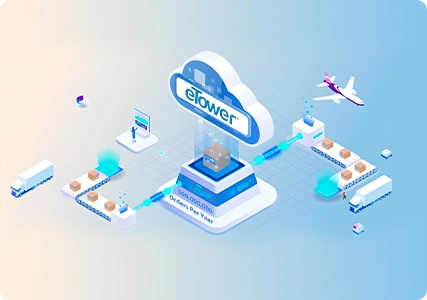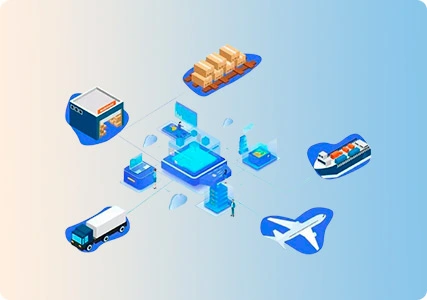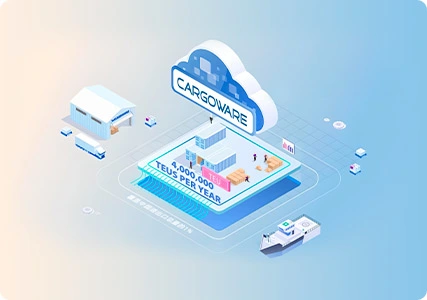
Logistics billing is a crucial process in the transportation industry that involves invoicing and collecting payments for services rendered. Accurately documenting and tracking shipments, complying with regulatory requirements, and utilizing technology and automation are critical for efficient billing. With multiple parties involved in logistics, including third-party providers and freight forwarders, proper documentation and tracking can help ensure all charges are accurate. Failing to comply with regulations can lead to fines and delays, making it essential to stay up-to-date with industry changes. By focusing on detail and efficiency, logistics companies can improve billing accuracy and ultimately contribute to their success.
Calculation of parcel freight includes various charges, such as:
It's important to conduct diligent research and calculate shipping costs.
1. Shipping insurance
Shipping insurance: If you are shipping valuable merchandise, it may be wise to purchase shipping insurance to safeguard against the loss, theft, or damage of your goods during transit. Most couriers offer shipping insurance at a nominal fee, typically around 3% of the declared value of your shipment. Alternatively, third-party vendors may offer more affordable shipping insurance options.
2. Shipping-related charges
Shipping-related charges: In addition to the base shipping cost, there may be additional charges related to the logistics of shipping and delivery. These charges can vary widely depending on factors such as the delivery location, the type of goods being shipped, and the timing of delivery. Some common shipping-related charges to be aware of include:
Pickup location fees
Fuel surcharges
Fees for mistakes, such as address correction or delivery reattempt fees
3. Parcel handling-related charges
Parcel handling-related charges: Additional fees may be incurred due to the contents of the parcel, the packaging, weight, and dimensions. For example:
Dangerous Goods, such as chemicals, needles, guns, and lithium-ion batteries, may incur additional fees due to their hazardous nature.
Parcels that exceed the standard size or weight may also result in extra charges.
4. Duties and taxes
Duties and taxes: When shipping items internationally, you or the recipient of your shipment may be required to pay additional duties and taxes before the shipment can be delivered. These charges may be based on the nature and value of the goods being shipped.
eTower’s Billing Module
1. Calculation of parcel freight includes various charges, such as:
Based on the freight Surcharge (Battery Surcharge, Fuel Surcharge, Remote area Surcharge, and other surcharge) Taxes (customs duties, value-added taxes) The insurance fee.
2. Fee plan configuration
To optimize the billing process for shippers, it's essential to properly configure the fee plan. This entails setting up the rate card and surcharge to accurately reflect the services provided to the shipper. By configuring the fee plan correctly, you can ensure that the shipper is charged the appropriate amount for the services they are receiving.
3. Billing region function
The billing region function is a crucial component of effective billing management. It enables flexible configuration of charging regions to meet complex computing rules and service logic. This means that businesses can customize their billing regions to suit their specific needs, ensuring accurate and efficient billing processes. Besides, eTower support configuration of cost zones by country, city, and zip code.
4. Exchange rate:
Managing exchange rates is a critical aspect of billing management. To accurately calculate charges, it's important to query the most up-to-date exchange rates from a reliable source, such as the Bank of China. By doing so, businesses can ensure that they are using the correct currency conversion rates for billing purposes.
5. Financial management function
1) Customer account management (currency addition, account opening and closing, credit setting, financial hold).
2) Accounting treatment: freight settlement, inquiry, cost adjustment.
3) Daily billing: Daily billing settlement and inquiry.
4) Shipper can recharge through eTower system, it will show the shipper amount on the financial page.
If you want to get more information, welcome contact us or click our website: https://www.etowertech.com/









